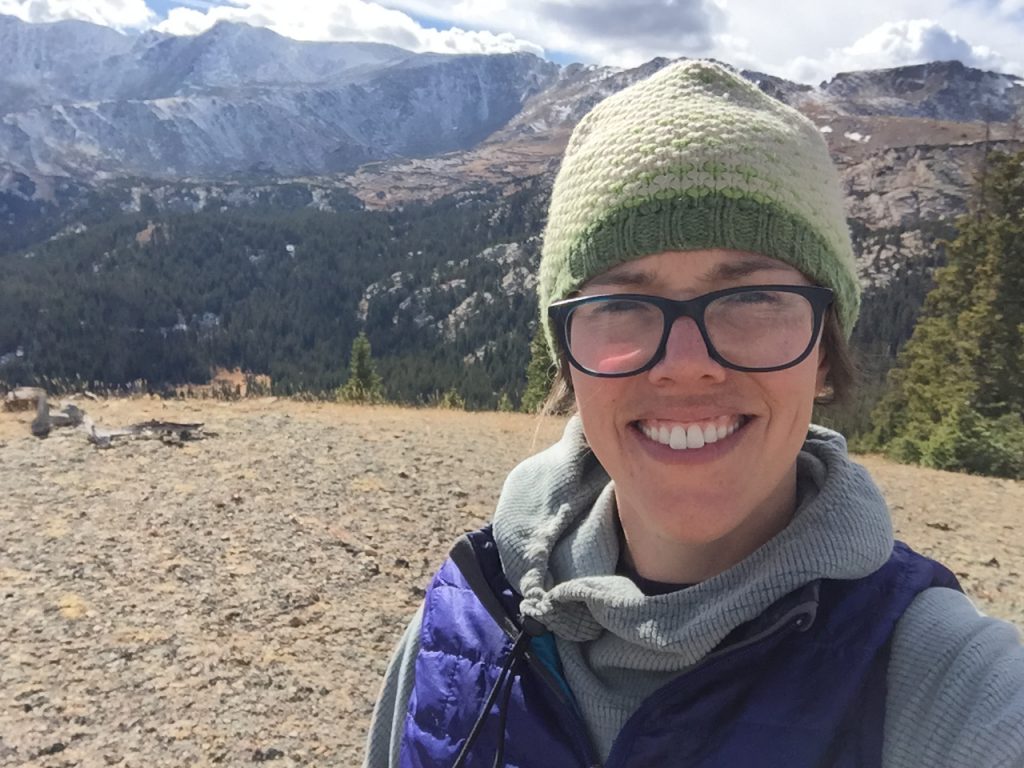
Jess Wolinsky is our Dean of Students and P&P (Practices & Principles: Ethics of the Natural World) faculty.
“Since sharing our statement from our Head of School, we have received many comments and questions from our alumni and broader community on what action HMI is taking to become a more diverse, equitable, and inclusive community. While you can check out some more detail on our specific action steps here, I also wanted the opportunity to share some of the ways that I am thinking about this as a member of our faculty.
I believe that it takes action—on the structural, curricular, community, and individual levels—to move from complicity to anti-racism. These efforts are the core of making HMI inclusive and equitable. Since coming to HMI in 2016, I have worked to make some changes in these spheres of our school and I have much more work to do, both internally and externally. These are some of the initiatives I’ve worked on (with the help and collaboration of others):
- Called for and co-authored our diversity statement
- Organized our race and sexuality-based affinity groups (a space for people of a certain identity or identities to share common experiences, process, or just hang out together)
- Developed our “Identity Series” advisory and community meeting curriculum
- Redesigned campus spaces to better serve students along the gender spectrum
- Modified the gear room experience so all students know the cost of renting/purchasing gear, how much HMI covers based on their financial aid package, and what is essential versus optional
- Advocated a move toward one-to-one student Chromebooks in 2021 to promote greater technological equity
- Continuing to offer multiple narratives in Practices & Principles: Ethics of the Natural World (P&P) class that challenge the status quo and elevate historically marginalized voices
I list these action steps not to justify or prove or excuse or to say these are close to “enough,” but to share just a handful of the steps that I’ve been working toward to help make HMI a more just place from its systems to its individuals. These changes we’ve made are simply a start, and many of them are changes that are exclusive to our campus. But our mission extends beyond our campus, and our community extends beyond our campus. While we’ve heard from many of our alumni who are wondering what we are doing as a school, we’ve also heard from many of you who are wondering what you can do as individuals.
In this effort, as an educator, I invite you into a unit from our P&P classroom called “Identity and Access in the Outdoors”:
Texts:
- “Shades of Darkness: Race and Environmental History” by Carolyn Merchant
- NPR’s Code Switch podcast: “Being ‘Outdoorsy’ When You’re Black Or Brown”
- “It Matters Who You See in Outdoor Media” by Carolyn Finney
Guiding Questions:
- What is so important about the outdoors anyways? Why should the outdoors be accessible to everyone?
- What does Merchant mean by “whiteness and blackness were redefined environmentally in ways that reinforced institutional racism”? (381).
- What’s our role, as young people in particular, in creating change? How do we support inclusive spaces without tokenizing people (making only a perfunctory or symbolic effort to be inclusive to members of minority groups)?
Our mission comes to life through our curriculum. By teaching our students to engage with complexity, honor intersectionality, seek out unrepresented narratives, and listen to marginalized voices, I have the privilege of watching them grow into the leaders, independent thinkers, and thoughtful citizens that this world needs. I invite you to read these texts, consider these guiding questions, dialogue with each other, and send me your thoughts.“